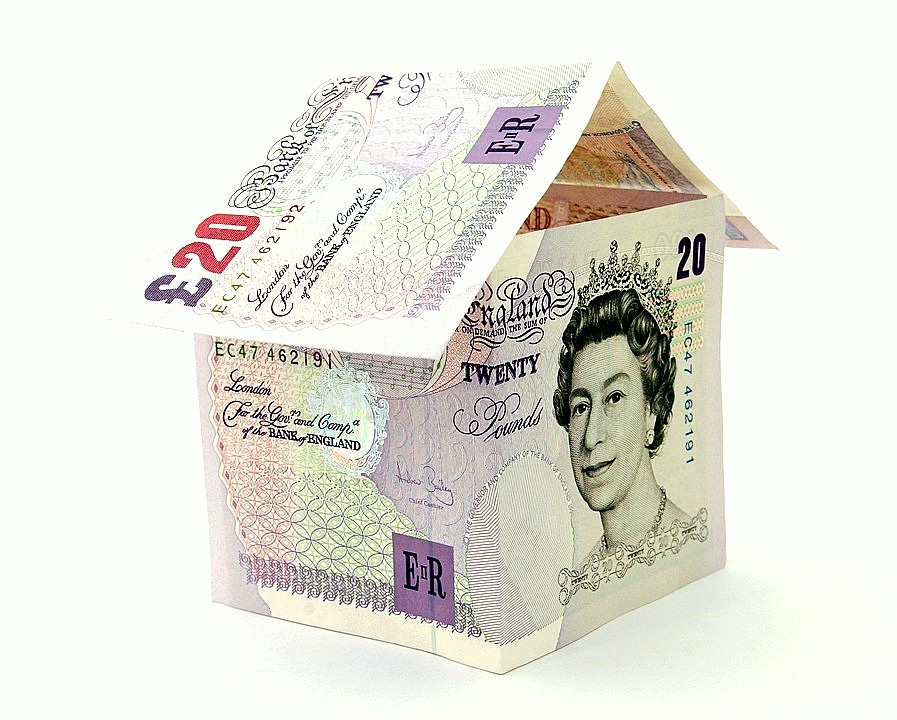 There are some investments that never go out of fashion. And chief amongst them in the minds of many is property investment i.e. real estate.
There are some investments that never go out of fashion. And chief amongst them in the minds of many is property investment i.e. real estate.
After all, in fair times or foul, people will always need a place to live. And while property prices will inevitably rise and fall in accordance with the whims of the markets, it’s about as safe an investment as it’s possible to get. There are few investments that are as consistent and reliable in maintaining steady cashflow and consistent returns. But in the past 6 months and change, markets have all been disrupted by the global outbreak of the COVID-19 pandemic. In order to protect the populace, businesses and individuals alike have had to make serious and sweeping changes to the way they live and do business. Markets have been thrust into turmoil and real estate (especially commercial real estate) is no exception. Especially in an era where many of us are working from home and commercial premises are an impingement on cash flow that businesses can ill-afford.
 But what does the pandemic mean for those who are hoping to invest in real estate? Does it mean that their plans will need to go on hold until a vaccine is developed and life can return to normal? Does it mean that investors should look to overseas markets where the pandemic has created less instability? Or does it mean that investors’ interests would be better served by looking elsewhere? Whether you’re buying an investment property, diversifying your retirement portfolio or simply looking for a new home for your family, you need to know how the current changes to the real estate landscape affect you.
But what does the pandemic mean for those who are hoping to invest in real estate? Does it mean that their plans will need to go on hold until a vaccine is developed and life can return to normal? Does it mean that investors should look to overseas markets where the pandemic has created less instability? Or does it mean that investors’ interests would be better served by looking elsewhere? Whether you’re buying an investment property, diversifying your retirement portfolio or simply looking for a new home for your family, you need to know how the current changes to the real estate landscape affect you.
Here we’ll take a look at everything you need to know about real estate investment in the age of COVID-19…
 Are people still buying and selling real estate?
Are people still buying and selling real estate?
The short answer is yes. There are deals going through right now as you read this. Realtors are, quite understandably, keen to keep the wheels of their trade turning and are adapting the way they work to keep clients safe while also meeting their clients’ needs. Most are already all set up to work from home. They’re still approving, locking and closing loans. They’re working with attorneys and notaries remotely while the buyers stay at home. And when it comes to refinancing property, they’re carrying out in-home closings with a notary.
Of course, realtors are also grappling with bigger problems like how the pandemic will change their industry going forward. But as far as you’re concerned, COVID-19 needn’t necessarily prove an impediment to buying the home of your dreams or picking up a great investment property.
 So, what’s changed
So, what’s changed
In an era of social distancing, it’s easy to see why a walk-through to inspect a property might be more problematic than it was at the start of lockdown. But canny realtors- as well as developers like Davis Sandershomes and their peers, have come up with a range of innovative solutions to a new range of problems. They’re facilitating virtual tours of properties via video chat platforms or taking long and detailed video tours of homes and sending the clients the resulting email. They’re also carrying out virtual open houses to showcase desirable properties.
This may give some investors pause. After all, most of us want to be able to look in detail at certain areas before they determine whether a property represents a good long term investment or whether the beautifully decorated veneer hides structural or underlying issues that require attention and could put a serious dent in cash flow.
Of course, you will expect to have the property seen by a surveyor prior to buying in order to ensure that all is as it appears before you commit to buy.
 Will property prices fall?
Will property prices fall?
It really depends on where you’re looking to buy, what kind of property you’re interested in and what sort of timeframe in which you’re looking to invest. While property prices have fallen in some areas, they have experienced a dip and spike in others. This is usually where cash-rich investors have smelled blood in the water and pounced on affordable property in desirable areas, especially major conurbations which can easily and profitably be rented out to affluent young professionals. Indeed, in some countries like the UK, property prices have risen to record highs as soon as the lockdown was lifted.
The better you know your local market, the better positioned you are to invest in areas that will lead to significant long-term gains.
 The interest rates rollercoaster and what it means for you
The interest rates rollercoaster and what it means for you
Because the pandemic has thrown all sorts of markets (including real estate) in a state of flux, national banks have responded by reducing base interest rates significantly. The logic behind this is that it will make it easier for businesses and individuals to get access to the credit they need to weather the economic storm. As a result, interest rates on mortgages have dropped sharply, with rates at a 15 year low in countries like the United States. If you are thinking of remortgaging your home to free up capital to spend on an investment property, this is good news for you. It means you can get a better rate and pay off your mortgage faster.
However, this is not the best news for first time buyers. Reduced interest rates means less incentive for banks to take risks. Especially at a time where unemployment is rife and many self employed people and small business owners are struggling to remain profitable.
As such, banks are about as risk-averse as they were in the aftermath of the 2007-2008 financial crisis. Mortgage availability in the US has fallen to its lowest in 5 years. Thus, it may be harder, especially for first-time buyers to get approved for a mortgage without a significant down-payment.
However, if you have a substantial amount to invest as a downpayment, and outstanding credit, you may find that you get approved for a mortgage on your new home or investment property.
One thing’s for sure. There are people out there right now buying, selling and making good money from real estate.
You must log in to post a comment.